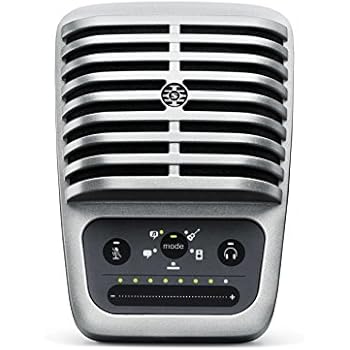Watch Rest Stop Online Mic
As long as trolls are still trolling, the Rick will never stop rolling. Watch The Finest Hours Online Facebook.
· Watch recent full episode of MTV shows on MTV.com. Watch "Manafort Pleaded Not Guilty To His Charges", a CBSN video on CBSNews.com. View more CBSN videos and watch CBSN, a live news stream featuring original CBS News. Mediagazer presents the day's must-read media news on a single page. I bet you, like me, took a gander at the cloaks of the Night’s Watch on Game of Thrones and thought “Damn, if they weren’t so flea-infested and covered in the. Grigor Dimitrov and Nick Kyrgios are two of the most watchable players on tour, with sure feel and shot-making for days. They may also be the two players with the.
Tube Care & Usage Guide. Be Aware of These Differences. Children are special and they can have special or unique needs. If you are caring for a child with a gastrostomy, the following points may help.
Children Have Small Stomachs. Infants develop the capacity to hold larger feedings in their stomachs as they grow. Feedings usually begin with frequent small amounts of formula. Watch Alienate Online there. Bolus feedings take 2. A gravity flow system or a pump regulates a slow steady flow and leaves you free to do other things. Watch It`S A Wonderful Afterlife Youtube. Be patient, and gradually increase the amount of formula given during the feeding.

If your child’s stomach is full, formula may leak around the stoma. The child may also act colicky and vomit, or burp up formula. Ask your specialist if decompression or venting is appropriate for this child. Children Are Growing. Keep in mind that children with gastrostomies have the same basic growth and developmental needs as other children. Children Need to Get Enough Water. Gastrostomy patients are no different from the rest of us: If the weather is warm or your child has a fever, additional water may prevent dehydration.
Ask your specialist for guidelines. Children Need to Experience Food. Even though your child receives nourishment through a tube, being at the table during meals is important: It gives your child the chance to experience food. Encourage your child to touch and taste, just like everyone else, even if it makes a mess around the high chair. All Babies Need Oral Stimulation. The mouth is a very sensitive part of your baby’s body. Even if your child cannot suck and swallow well enough to eat, the sucking reflex is there.
Sucking seems to comfort babies. Experiment with a pacifier. Use it to stimulate your child’s lips, gums, and tongue during feedings. As the baby grows, talk with your specialist about other opportunities for your child to chew or suck. Children Need to Move About.
This online guide is easy to consult, anytime you want, about feeding with MIC-KEY* and keeping it clean, safe, and ready for use.
It’s important for babies to roll over on their stomachs: That’s how they learn to push up and crawl. The MIC- KEY* feeding tube’s low- profile design may make rolling over easier for your child. Know What to Do If …Your Child Vomits.
If your child vomits during feeding, these actions may help: Have your child sit up during feeding. NOTE: Some children have gastroesophageal reflux, causing food to flow backward up the esophagus.
Correct feeding position is VERY IMPORTANT for these children. Place them in an upright position or at least a 3. Be sure the formula is mixed correctly and warm. Don’t use formula that’s been hanging longer than 4 hours. Slow the rate of feeding or even take a short break, starting again when your child feels better (flush the tube with warm water before resuming feeding). IF VOMITING (OR NAUSEA) PERSISTS, OR YOUR CHILD VOMITS AFTER FEEDING, CALL THE SPECIALIST. Your Child Develops Difficulty Breathing During or Immediately After a Feeding.
STOP THE FEEDING AT ONCE, DRAIN (DECOMPRESS) THE STOMACH, AND CALL THE SPECIALIST. If the child feels nauseated, wait one to two hours and then resume the feeding at a slower rate. Your Child’s Feeding Tube Clogs. Children’s smaller tubes clog more easily but require less water to flush out. Infants usually receive a 1.
Your Child Develops Diarrhea. Causes of diarrhea include: Rapid formula administration – try giving the formula at a slower rate. Spoiled formula – It’s best to mix new formula for each feeding.
If you do save leftover formula, always refrigerate it, and never keep it longer than 2. Changes in formula, medications, or feeding routines – these and other changes can cause constipation as well as diarrhea. Introduce changes gradually if possible. IF DIARRHEA LASTS LONGER THAN 3 DAYS, CALL THE SPECIALIST.